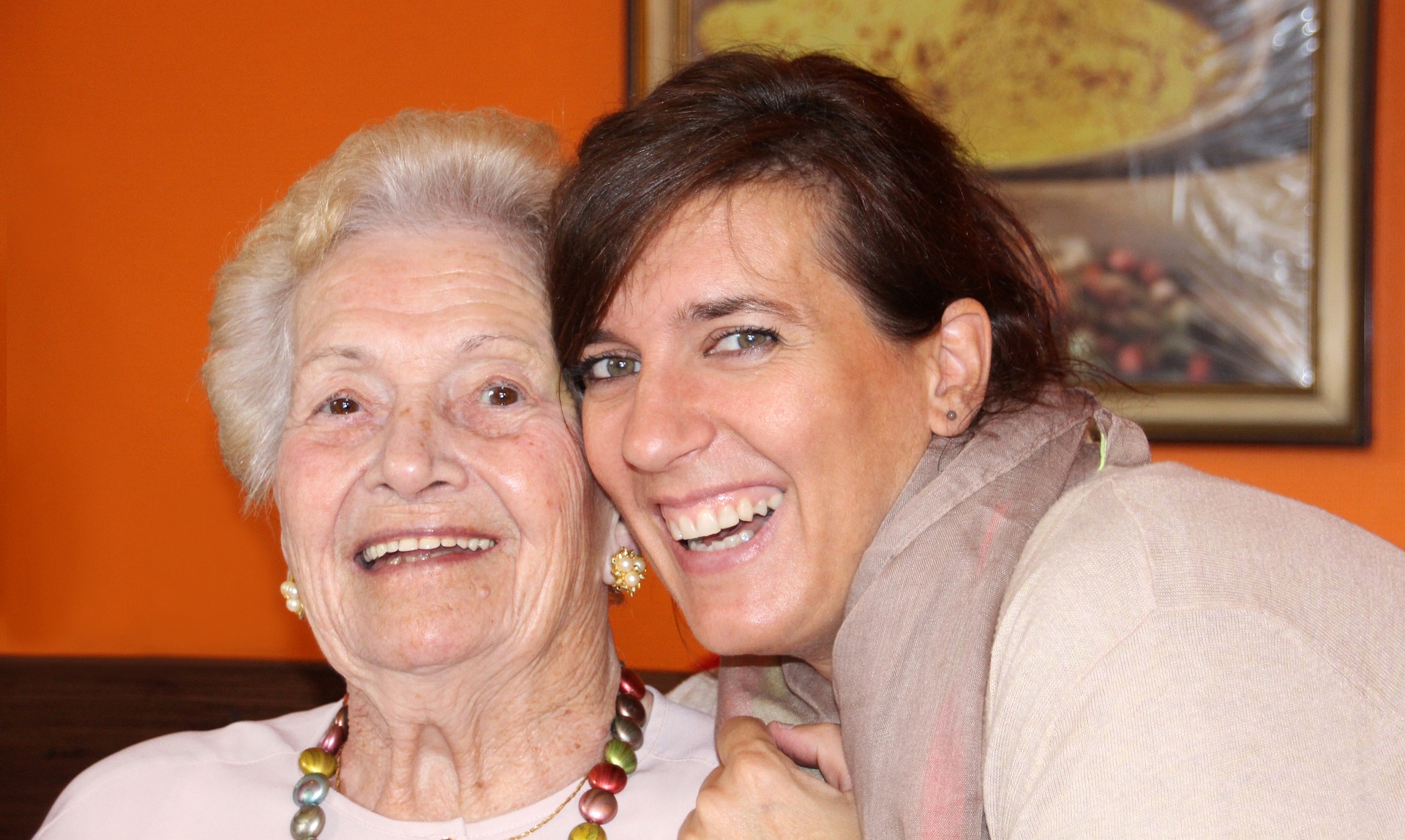Dementia is a condition comprised of several symptoms which, when occurring together, can affect memory, cognitive ability, communication capabilities, and reasoning in a negative way. These symptoms can make it difficult to take on even normal everyday tasks such as eating, taking medications, or brushing your teeth. Alzheimer’s disease is the primary cause of dementia in most of the individuals affected and diagnosed with dementia.
There is no known cure for dementia or cognitive decline, but there are treatments and methods to help to manage the symptoms. Loved ones should be aware of the early signs of dementia onset in order to best help the individual to have the best quality of life for as long as possible.
Recognizing Dementia Early – 6 Tips
Individuals go through many changes as the aging process progresses, and it should be noted that the symptoms noted below may not definitively indicate dementia in your loved one. However, it is important to understand that any change of behavior, especially those noted below, should be discussed with their physician. Everyone has forgetful moments, but a pattern should be noted and addressed. It should be especially concerning if the behavior goes against their known personality – such as if a very neat person becomes suddenly messy or someone who was schedule-oriented begins to forget daily tasks.
- Short-Term Memory Loss: Loss of or decrease in short-term memory is a typical early indicator of dementia. The behavioral changes may be subtle – forgetting where they placed an important item or struggling to remember the name of someone they see on a regular basis.
- Mood or Personality Changes: Fluctuations in emotions, mood, or personality are often connected with early-onset dementia. While depression is typical, you can also see other unfamiliar behaviors, such as a shy person becoming very gregarious. Dementia can also impact a person’s judgment. Therefore you may see a normally cautious person start to take unnecessary risks.
- Inability to Complete Simple Tasks: A loss of ability to accomplish everyday tasks may indicate early onset dementia. You may notice this when playing a familiar card game or filling out a form for the doctor. Changes in routine may also seem confusing or overwhelming when dementia is taking hold.
- Apathy, Disorientation or Confusion: Certain emotional behaviors are connected with early onset dementia, such as confusion and apathy. Your loved one may lose interest in a favorite hobby or decline their usual weekly outing with friends. Exhibiting confusion as to where they are, even temporarily, is also another warning sign.
- Loss of Words: One of the most recognizable signs of dementia is not being able to “find the right words,” therefore, struggling with normal conversation. Conversing with these individuals may become increasingly frustrating and require patience. A person with dementia may find it difficult to follow along in conversation or may get lost when watching a TV show or movie (“lose the plot”). It is also common for these individuals to begin a story and lose their train of thought.
- Impact on Sense of Direction: People who are exhibiting early signs of dementia may get lost when walking around their neighborhood or even disoriented when looking for a room in their own house. Loss of sense of direction, when advanced, can be dangerous and cause “wandering”, a sign that they should no longer be without supervision.
- Compulsive Behaviors: Some patients develop repetitive behaviors, which may be compulsive, or simply the result of forgetfulness. A compulsion might be checking medications over and over; walking out to the mailbox multiple times because they forgot they already checked is a repetitive behavior. Both may indicate a deterioration of cognitive ability.
As we stated in the opening of this article, everyone has moments that can look like the warning signs above. As a caregiver or concerned loved one, you should be looking for patterns and sustained behavioral changes. If you have concerns, bring them to a physician. It may be time to consider an alternative living arrangement to keep your loved one safe.
A Banyan Residence. in the Villages offers quality, compassionate memory care and assisted living facilities. If you are unsure as to what type of residence is appropriate, set up an appointment today. We would love to help.








